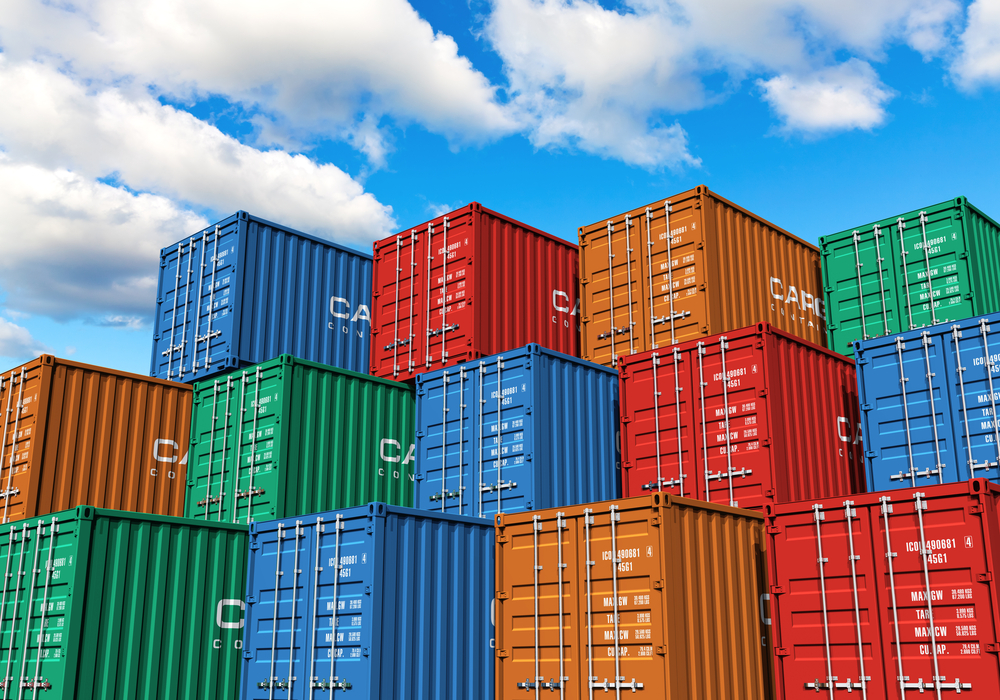

Amazon continues to pump out announcements for Amazon Web Services, and today has bolstered the container credentials for its cloud service.
To this end it has announced two new container capabilities, namely Amazon Elastic Container Service for Kubernetes (EKS) and AWS Fargate.
Amazon EKS delivers Kubernetes as a managed service on AWS; whereas AWS Fargate lets customers run containers without managing servers or clusters.
Amazon Web Services made the announcement at its annual AWS re:Invent, and said these two new services will complement its existing Amazon Elastic Container Service (Amazon ECS) and “make it easier than ever to deploy, manage, and scale container workloads on AWS.”
The first offering, Amazon Elastic Container Service for Kubernetes (Amazon EKS) will bring Kubernetes to AWS as a fully managed service (preview mode at the moment).
This is ideal for customers that don’t have certain skills, as it allows them to run Kubernetes applications on AWS without the need to become experts in operating Kubernetes clusters.
This is because Amazon EKS allows for a Kubernetes cluster to be launch in just a few clicks in the AWS Management Console. Amazon EKS handles the rest, automating much of the heavy lifting involved in managing, scaling, and upgrading Kubernetes clusters.
It comes as Amazon recognises that Kubernetes have become very popular with AWS customers.
Indeed, it cited a recent survey from the Cloud Native Computing Foundation that found that 63 percent of Kubernetes clusters running in the cloud are on AWS, more than any other cloud platform.
AWS Fargate on the other hand allows customers to launch and run containers without provisioning or managing servers or clusters.
Essentially AWS Fargate is designed to make running containers easier by eliminating the need to manage clusters of servers. For example, customers no longer have to choose instance types, decide when to scale their clusters, or optimise cluster utilisation.
All the customer has to do is define their applications as a ‘Task,’ which includes a list of containers, CPU and memory requirements, networking definitions, and AWS Identity and Access Management (AWS IAM) policies.
AWS Fargate is available for Amazon ECS now and will be coming to Amazon EKS in 2018.
“While we have over a hundred thousand active Amazon ECS clusters running on AWS and more customers running Kubernetes on AWS than on any other cloud, customers have also asked us to build a managed Kubernetes service like we have with Amazon ECS,” said Deepak Singh, GM of Containers and High Performance Computing Services at AWS.
“Not only have we delivered on this request with Amazon EKS, but we’ve also made managed containers easier to use than ever before by launching AWS Fargate to allow developers to run containers at the task level rather than having to think about servers or clusters,” said Singh.
It has been a busy period for the e-commerce giant. Earlier this month Amazon launched the ML Solutions Lab to offer Amazon machine learning experts to help AWS customers develop their machine-learning features and products.
In August it unveiled a machine learning-based tool (called Macie) aimed at securing sensitive data held in the cloud.
New chapter for famous name from Internet's early days, Napster, has been acquired and will…
Solving not-spots? Ofcom proposal to make UK the first European country to allow ordinary smartphones…
Pioneering robotaxi service from Alphabet's Waymo to go live in Washington DC next year, as…
Dozens of Chinese firms added to US export blacklist, in order to hamper Beijing's AI…
Chinese rival BYD overtakes global revenues of Elon Musk's Tesla, as record number of Tesla…
Messaging app Signal in the headlines after a journalist was invited to a top secret…